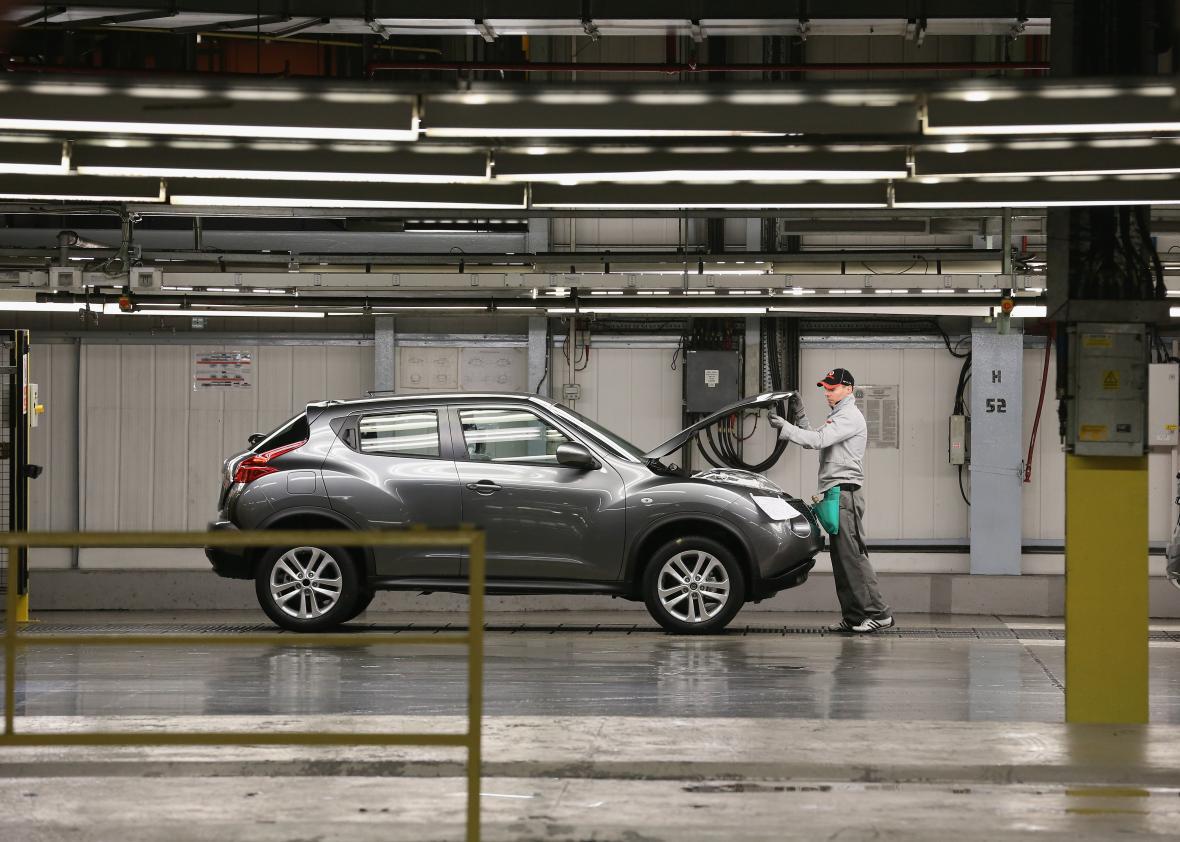This post originally appeared on Business Insider.
Nissan is turning to biofuel to run its next fleet of environmentally friendly cars.
The automaker is aiming to release a fleet of vehicles that will run on bio-ethanol, or fuel that comes from plants like sugar cane or corn, in 2020, Nissan announced in a press release Tuesday. Nissan said the system will give its cars a cruising range topping 370 miles.
For reference, electric vehicles have yet to top a 300-mile range, with the Tesla Model S reaching a max of 253 miles.
Here’s how it will work: A reformer takes from a tank of on-board ethanol and transforms it into hydrogen, which is then fed into a fuel stack where power is generated.
Hideyuki Sakamoto, Nissan’s executive vice president, said cars that run on biofuel are better than hydrogen-powered cars because they don’t require a hydrogen infrastructure, Automotive News reported.
There are several automakers working on hydrogen-powered cars, such as Toyota and Honda. Hydrogen cars boast long ranges exceeding 300 miles, but a lack of infrastructure (you can’t exactly fill your fuel cell tank anywhere) could hold back mass adoption.
Nissan actually signed a three-way agreement with Daimler and Ford to develop a hydrogen fuel cell system in 2013. Nissan also is part of a three-way agreement with Honda and Nissan to to partially cover hydrogen station operating expenses. So Nissan is betting on hydrogen cars in some ways.
But the automaker said biofuel, which is widely available in North and South America and Asia, has the added benefit of supporting an existing infrastructure.
See also: The Fitness World is Experiencing a Seismic Shift That Should Terrify Retailers
